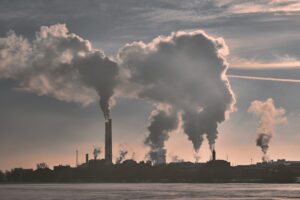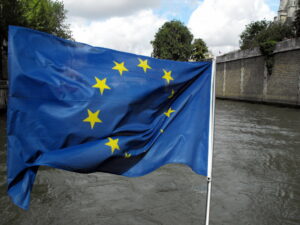New research has shown that millions of microplastics are released from infant-feeding bottles during formula preparation.
The team of researchers from Trinity College Dublin undertook a global survey in order to estimate the exposure of 12-month-old infants to microplastics in 48 regions.
They found that there are up to 16 million microplastics and trillions of smaller nano-plastics per litre of infant formula milk.
Sterilisation and exposure to high water temperatures significantly increase the microplastic release – from 0.6 million to 55 million particles per litre, when temperature increases from 25 to 95 °C.
Based on these findings, the researchers have developed a set of recommendations for infant formula preparation in a bid to minimise microplastic release:
- Prepare sterilised water by boiling in a non-plastic kettle/cooker
- Rinse the sterilised bottle using room temperature sterilised water at least 3 times
- Prepare infant formula in a non-plastic container using at least 70oC water
- Cool to room temperature and transfer prepared formula into a high-quality plastic infant feeding bottle
- Do not reheat prepared formula in plastic containers and avoid microwave ovens
- Do not vigorously shake the formula in the bottle
The researchers have said it is important to mitigate against the unintended generation of micro and nano plastics in infant formula.
However, they have highlighted that given the prevalence of plastic products in daily food storage and preparation there is an urgent need for technological solutions.
Professor John Boland, the lead author of the study, said: ‘When we saw these results in the lab we recognised immediately the potential impact they might have.
‘The last thing we want is to unduly alarm parents, particularly when we don’t have sufficient information on the potential consequences of microplastics on infant health.
‘We are calling on policymakers, however, to reassess the current guidelines for formula preparation when using plastic infant feeding bottles. Crucially, we have found that it is possible to mitigate the risk of ingesting microplastics by changing practices around sterilisation and formula preparation.’
Photo Credit – Pixabay














